In the dynamic landscape of leadership, where the demands are ever-evolving, our Leadership Development Programme creates a developmental opportunity for leaders to both deepen and expand their leadership potential. This programme can be used to explore a myriad of themes essential for effective leadership in today’s complex world.
From refining your Personal Brand to mastering decision-making, stakeholder management, and resilience, we can tackle the crucial themes that define effective leadership. Each programme is customised to design a journey that assists in the elevation of leadership skills so leaders can sharpen their edge whilst leading their functions through complexity and contributing positively towards the success of their companies.
Delivered one to one online or (where possible) in person – this leadership coaching programme consists of six one-hour sessions which are used to bring an acute customised focus to a specific developmental area. The area to be focused on is up to the person being coached.
Prior to the commencement of the coaching there is preparation to be completed which includes reading and identification of the coaching focus area.
The Executive Leadership Coaching Programme is customised to provide intense targeted coaching for anyone in a leadership role or aspiring to be in a leadership role. This includes C-suite executives, Senior Managers, Supervisors and Team Leaders but also includes supporting leaders in transitioning to new roles or back into the market or into retirement. The programme can also be used to support those leaders who are technically competent but in need of upskilling their competency in leading others.

Personal Brand encompasses both a leader’s professional skill and their personal presence – the ability to exude confidence and connect authentically with others, to form thoughts and ideas into powerful pictures and words. How a leader presents their ideas and engages others defines who they are and what they bring to the table. Developing and honing one’s brand has everything to do with self-awareness, communication and the ability to adapt to different situations and audiences.
As a leader’s responsibility grows, so does the complexity they have to manage. What’s required are skills that allow for bypassing overwhelm and procrastination, developing the ability to analyse situations using a combination of both a rational and creative mindset to open up more thoughtful, strategic, and impactful choices professionally and personally. This includes having the competency to seek and encourage diverse perspectives with oneself and one’s team and bringing them to bear on the critical challenges so that unique, creative solutions can emerge.
Learning how to manage expectations, gain agreement and adjust communication styles are necessary skills in stakeholder management. Leaders are accountable for results that can only be produced with the alignment and collaboration of various stakeholders. Those stakeholder relationships are a leader’s most precious resource. Being able to understand the requirements of all parties and collectively create win-win pathways is a skill all leaders and managers in today’s complex world require.
Managing people and teams goes way beyond knowing what to do and telling others how to do it. For new managers and leaders, it can be a shock to learn that a huge part of their role is actually about people and therefore requires a new skill set. Relying solely on the skills that got them the opportunity to lead in the first place will result in failure. Recognising that a step change is required is the first step in learning how to be effective in inspiring and guiding others to deliver results. Our leadership coaching programme assists powerfully in this step change.
Producing results, making things happen, is what makes a leader’s career. However, developing the competency to reliably get the job done is a multifaceted challenge. A leader’s knowledge, ability to think strategically, openness to learning, and stakeholder relationships all influence their ability to produce results. Being open to feedback to understand strengths and weaknesses, biases and obscured motivations, and having the resilience to take that feedback and turn it into higher performance increases a manager’s ability to become reliable for producing results.
An inability to receive feedback and turn it into higher performance restricts a person’s career.
Reacting negatively to feedback is often the result of an unseen view formed in a person’s past. Shifting that view and helping a leader develop the mindset and resilience to not only receive feedback but to seek it can unlock their full potential.
Training and coaching in feedback techniques are crucial for managers and leaders, serving to support their people shifting from under-performer to reliable results producer. Feedback plays a key role in fostering a workplace culture of open, fair and constructive discussions. Handling positive and constructive feedback in a straightforward way, including legal and HR considerations, is essential for increasing performance and enabling people to fulfil on their potential both personally and professionally.
Leaders demonstrating your company’s values in their everyday behaviour is a must for lifting engagement and discretionary effort levels across your organisation and fulfilling its’ cultural aspirations. Developing a leaders' competency in ‘walking the talk’ is both a necessity and an opportunity to support that person becoming a strong future leader for your business.
Leaders with high emotional intelligence are more adept at understanding and managing their own emotions and those of their team members, fostering healthier relationships and decision-making processes. Through coaching, individuals can gain valuable insights into their strengths and weaknesses, develop self-awareness, and learn practical strategies for becoming more effective and empathetic leaders.
“With great power comes great responsibility” is a well-known Winston Churchill quote. Learning how to have a healthy relationship with the power that inevitably comes with senior organisational roles is something that is not always addressed well, if at all. Sporting bodies are often ahead of business in this regard as the impact on the team’s results that happen when team members think of themselves above the team are very real. Having an external coach willing to put the truth in front of a leader, someone who is not politically influenced, is the smart option for any leader.
Being agile and flexible is a hallmark of individuals and organisations that are effective in dealing with change. In today's dynamic and rapidly changing world, the ability to adapt quickly and pivot in response to shifting circumstances is a strategic advantage. Agile individuals possess a mindset that embraces change as an opportunity for growth, rather than a threat to stability. They are open to new ideas, willing to learn, and can adjust their approaches as needed. This adaptability is a valuable trait that gets honed through experience but can be fast-tracked through coaching to develop the resilience and mindset necessary to navigate change successfully.
Managing upwards is a critical skill in the professional world that involves effectively working with and influencing superiors, managers, or leaders in an organisation. It’s not enough to simply follow instructions. A leader needs to understand her/his manager's priorities, communication style, and expectations, and then align their work to support their manager’s goals. Successful management upwards requires clear and proactive communication, the ability to anticipate needs, and the skill to provide solutions or recommendations rather than just reporting problems.
The tug of war between work and personal life can be relentless, especially when you are a parent. Often, we experience not being able to give our full attention to what’s important, leading to stress, burnout, or personal dissatisfaction. How we think about time and the tools we use for managing our commitments can all produce breakthroughs in peace of mind, energy and effectiveness.
A leader’s life can be demanding, it requires a high level of resilience to cope with the myriad of priorities that come with the position. Learning how to balance those priorities across all areas of life – work, personal, health & fitness - and techniques that enable the identification of rising stresses and the use of tools to address them, just like an athlete does, assists a leader in going from strength to strength.
Moving out of a role due to redundancy or retirement can be a confronting experience for most people. What is important in both is creating what’s next, taking the time to thoroughly review options, manage disempowering conversations and create a strategy that is inspiring and gives a leader the opportunity to continue to contribute and experience being fulfilled.
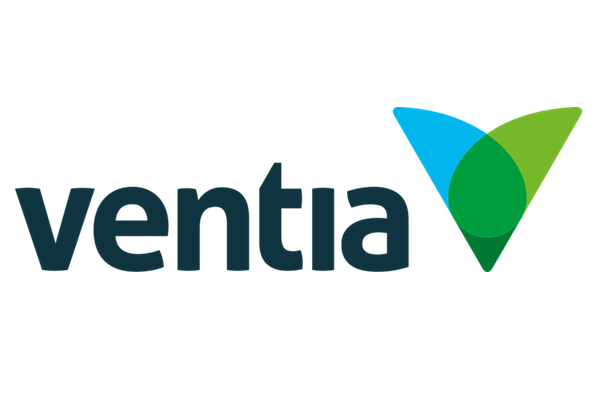
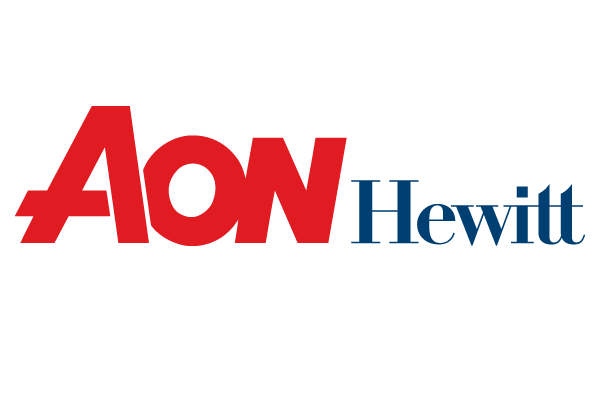
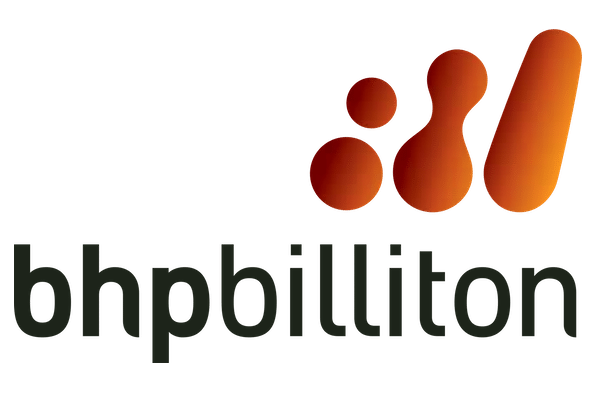
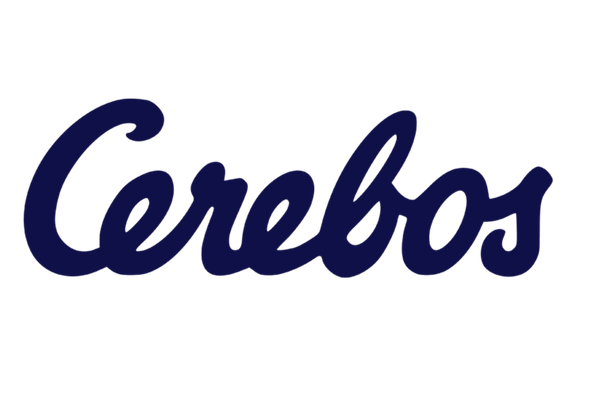
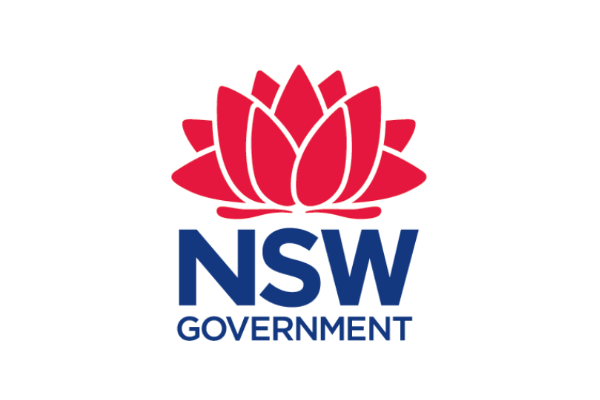
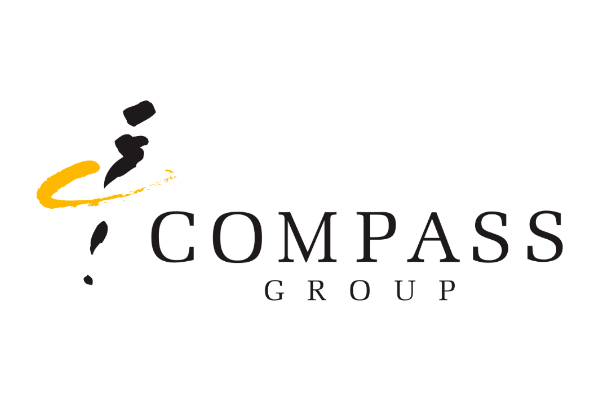
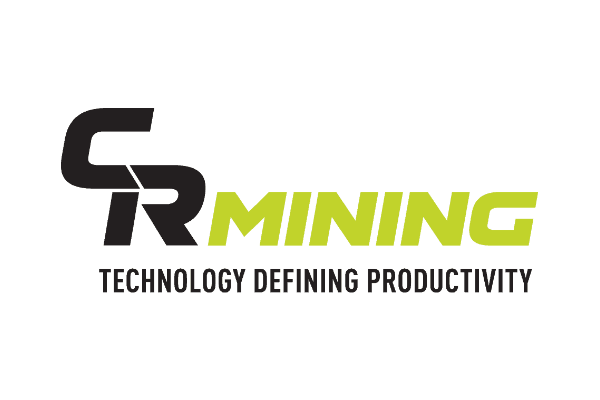


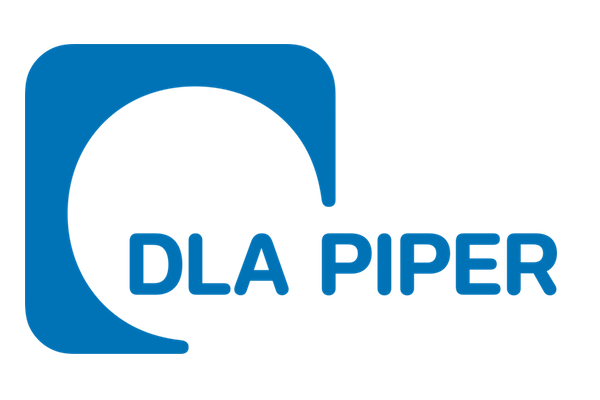


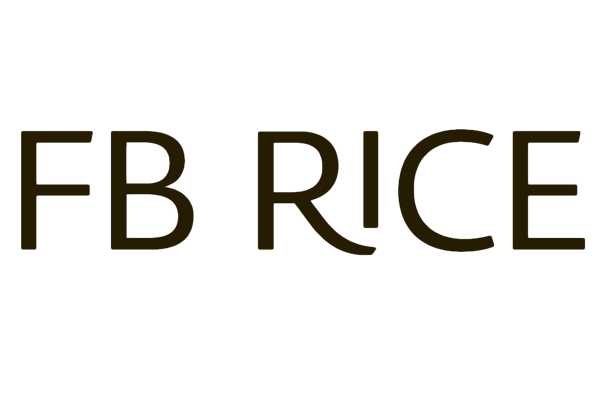
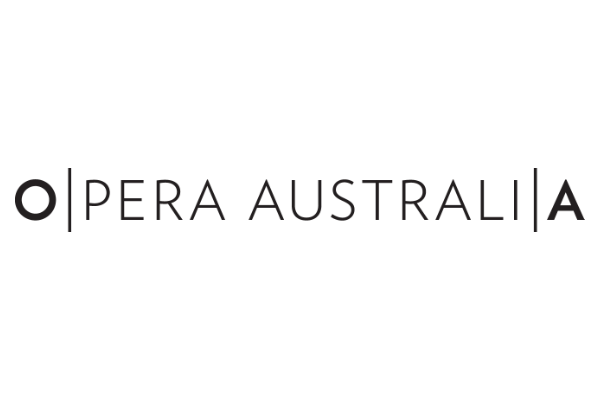
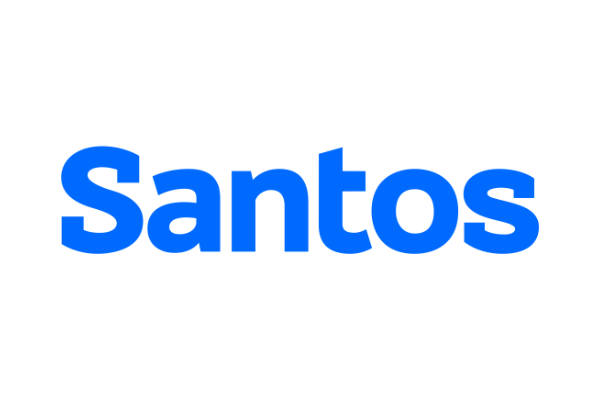

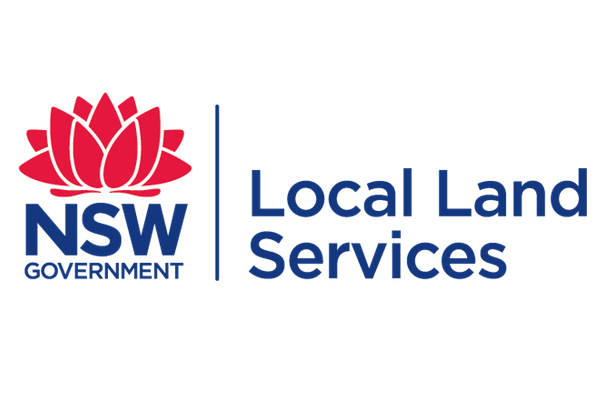


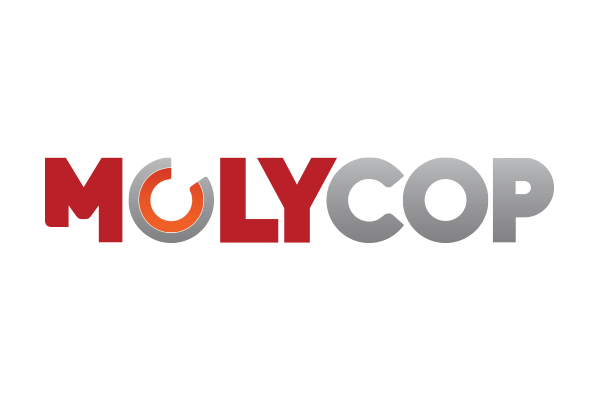
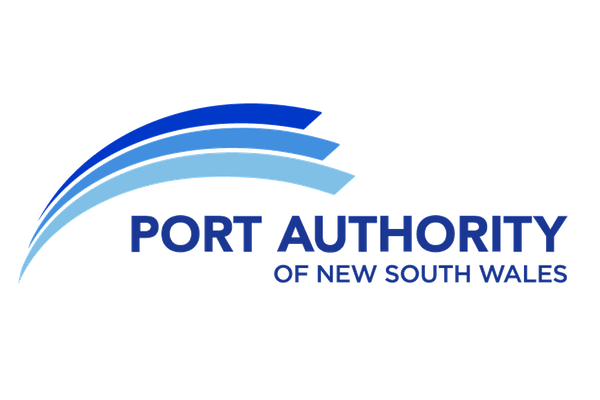

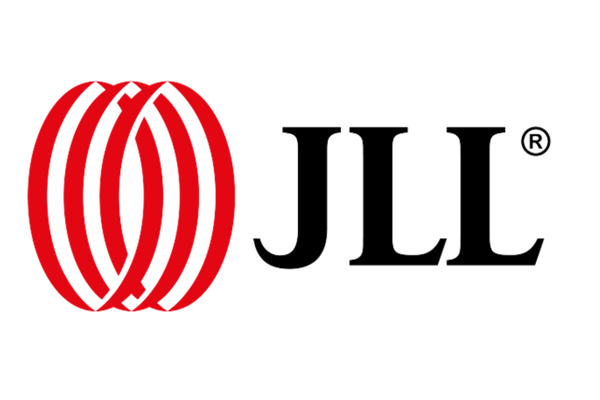
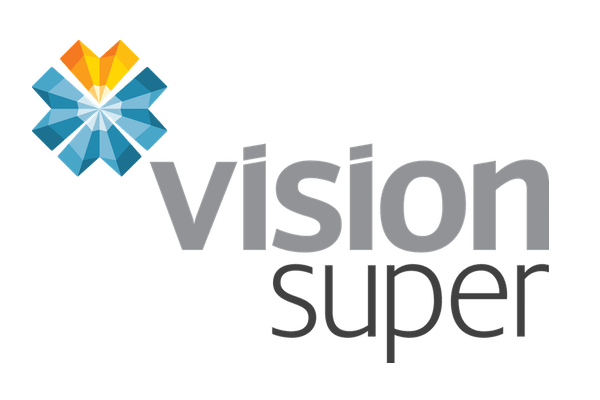
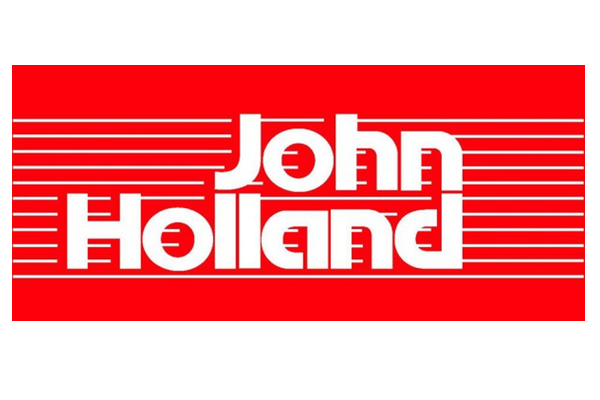

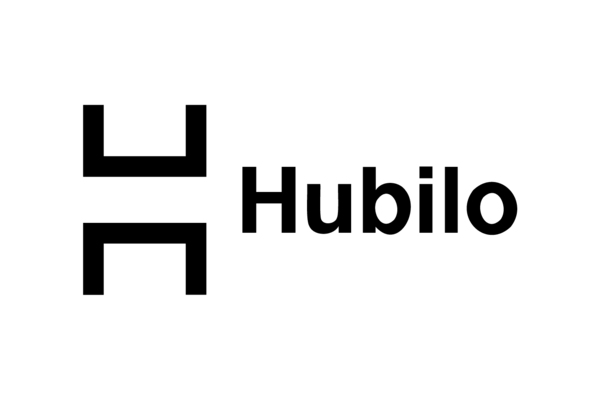
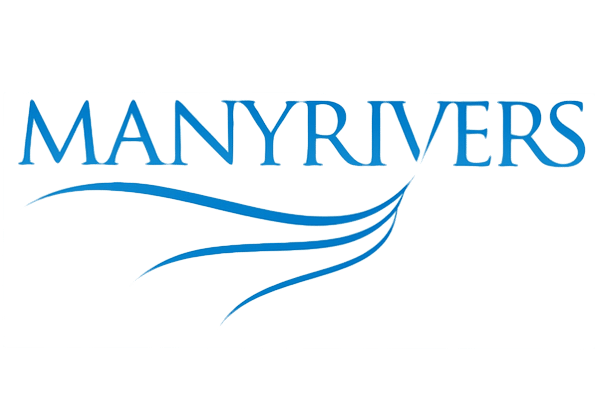
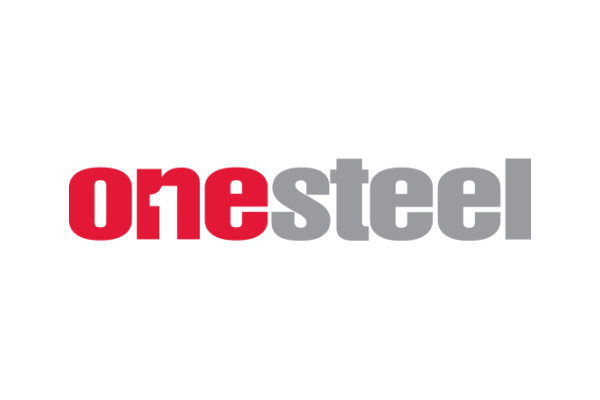


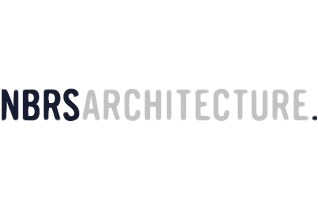
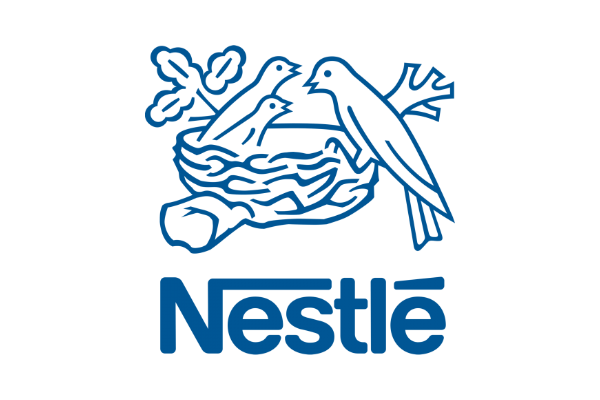

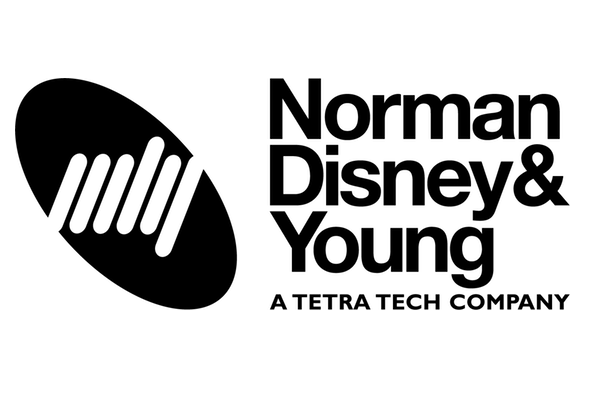
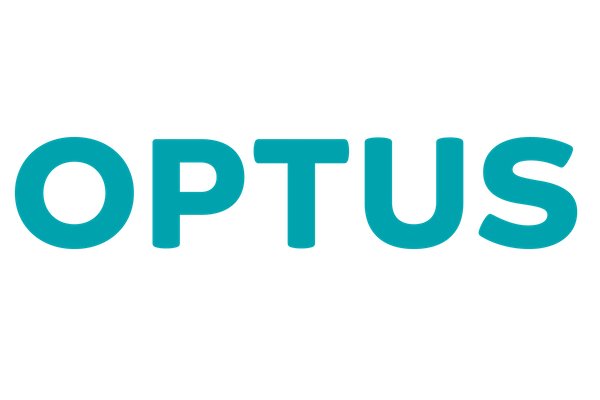
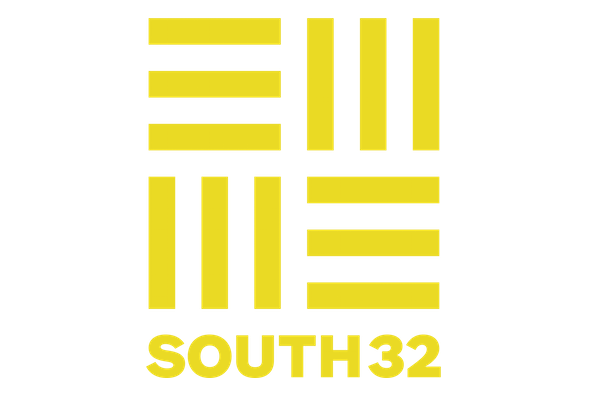
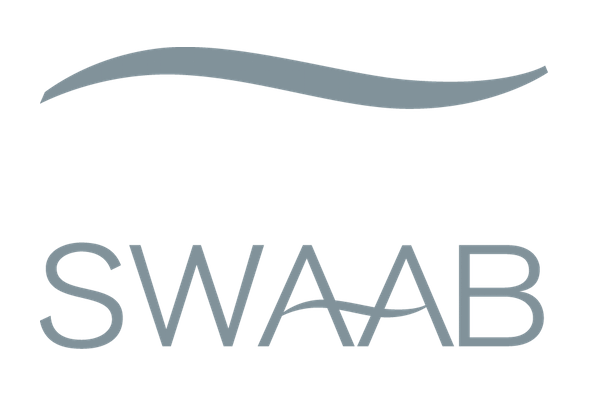
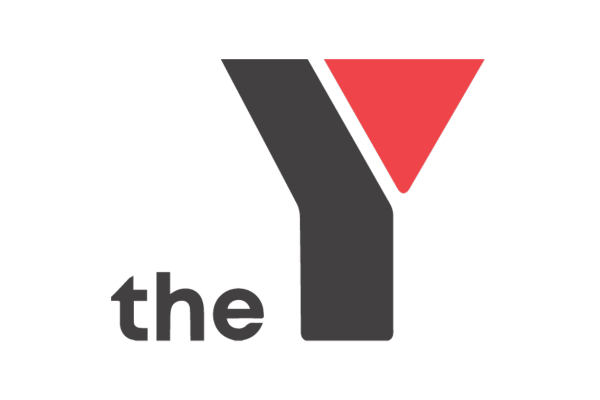
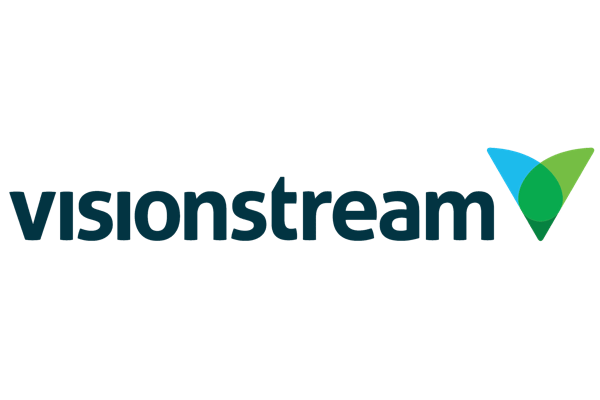

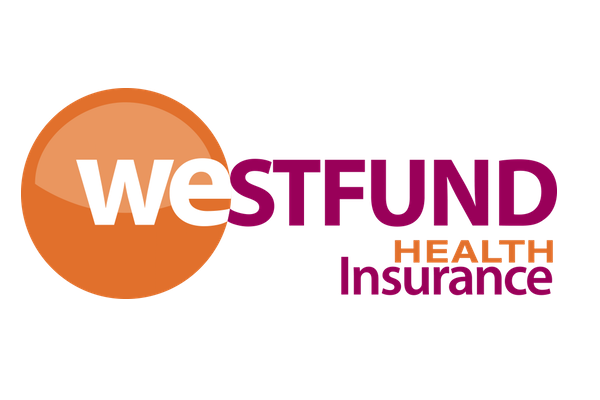

Hewsons provides unique, transformational coaching for executives and leadership teams across Australia.
© 2024. Hewsons Executive Development Pty Ltd. All Rights Reserved. Marmoset is our Website Design Agency.